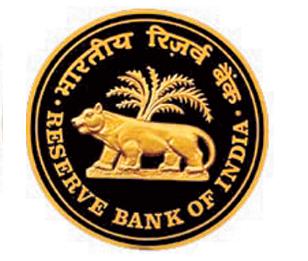One of the important central banking functions of the Reserve Bank of India (RBI) is the maintenance of the external value of the rupee. As such it has been given the custody of foreign exchange reserves and sole agency for the administration of exchange controls in India. All receipts and payments in and out of India require general or special permission of the RBI. The dealings in foreign exchange and foreign securities in India, payments to person resident outside India and export and import of currency notes, bullion or precious stones etc., are subject to general or special permission of RBI or are prohibited. The RBI with the help of authorized dealers, and moneychangers carries on the administration of controls.
The types of transactions, which are controlled by the RBI and the government are in general those which have international financial implications and include inter alia the following important items. Many of them are liberalized and some of them withdrawn since the 1991 economic reforms.
- Purchase and sale of and other dealings in foreign exchange and maintenance of balances at foreign centers by residents.
- Realization of proceeds of exports of goods and services.
- Payments to non-residents or to their accounts in India for imports and others.
- Transfer of securities as between residents and non-residents and acquisition and holding of foreign securities.
- Foreign travel (with or without foreign exchange).
- Export and import of currency, cheques, drafts, travelers cheques and other financial instruments, securities, gold, jewelries, etc.
- Trading, commercial and industrial activities in India of foreign firms and companies (including branches of foreign firms and companies) and foreign nationals as well as acquisition of business undertakings or holding of shares in Indian companies by such firms, companies and persons.
- Appointment of non-residents and foreign nationals and companies as agents or as technical and management advisers in India.
- Employment, profession etc. undertaken in India by foreign nationals.
- Acquisition, holding and disposal of immovable property in India by foreign nationals and companies.
- Acquisition, holding and disposal of immovable property outside India by persons resident in India.
